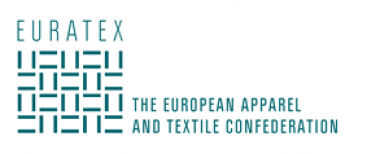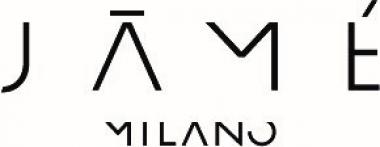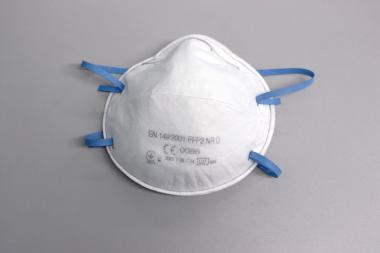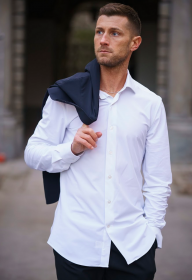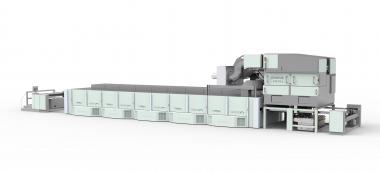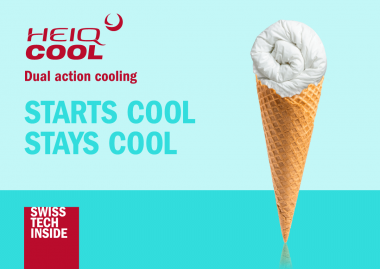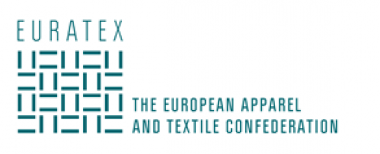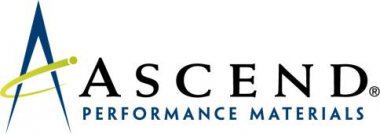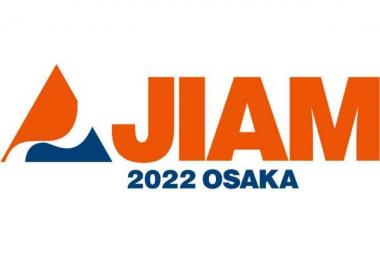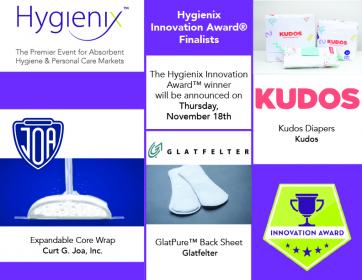EURATEX: High energy costs undermine crucial transformation of the textile and clothing industry
The current energy crisis is impacting on the competitiveness of the European textile and clothing industry. Because there are limited alternatives to the use of gas in different parts of the production process, production costs increase sharply. EURATEX asks the European Commission and Member States to urgently support the industry to avoid company closures. At the same time, we need a long term vision to move towards climate neutrality, while keeping the T&C industry internationally competitive.
EURATEX presented ten key requirements to Kadri Simson, European Commissioner for Energy, to develop such a vision:
- The apparel and textile industry needs a safe supply with sufficient green energy (electricity and gas) at internationally competitive prices.
- The transformation of industry requires access to very significant amounts of renewable energy at competitive costs. Additional investments in infrastructure will also be needed to guarantee access to new renewable energy supplies.
- Until a global (or at least G 20 level) carbon price or other means for a global level playing field in climate protection are implemented, competitive prices for green energy must be granted at European or national levels (e.g. CCfDs, reduction on levies, targeted subsidies).
- As the European textile and clothing sector faces global competition mainly form countries/regions with less stringent climate ambitions, it is of utmost importance that the European textile and clothing companies are prevented form direct and indirect carbon leakage.
- EU-policy should support solutions, e.g. through targeted subsidies (for hydrogen, energy grids, R&D, technology roadmap studies etc.).
- A dedicated approach for SMEs might be appropriate as SMEs do not have the skills/know-how to further improve their energy efficiency and/or becoming carbon neutral.
- CAPEX and OPEX support will be necessary for breakthrough technologies, like hydrogen.
- The Fit-for-55-Package must support the European Textile and Clothing industry in decarbonization and carbon neutrality. The EU must therefore advocate a global level playing field more than before. The primary goal must be to establish an internationally uniform, binding CO2 pricing, preferably in the form of a standard at G-7 / G-20 level.
- EU-policy must not hinder solutions, e.g. we need reasonable state aid rules (compensating the gap between national energy or climate levies and a globally competitive energy price should not be seen as a subsidy).
- The European Textile and Clothing industry has made use of economically viable potentials to continuously improve energy efficiency over many years and decades. The obligation to implement further measures must be taken considering investment cycles that are in line with practice. Attention must be paid to the proportionality of costs without weakening the competitive position in the EU internal market or with competitors outside the EU.
Please see the attached position paper for more information.
EURATEX


